
Lillian’s List of Lucky Leckerlie
What follows is a long list of lucky foods that my dear friend and soul sister Lillian Pearl Bridges compiled two years ago after a Tea Time Talk event where several people in the audience requested it. Lillian always emphasized the importance of surrounding yourself with lucky foods (and other items) during the new year celebration and made sure I followed her advice.

Celestial Gluten
Making Mooncakes on the Equinox and some Sorting Things Out with Zhuāngzi

The Story Behind “Imperial Tutor”
My mentoring work around “Imperial Tutor” is rooted in my desire to share what I have learned from the ancient Chinese classics (medical, philosophical, cosmological, and otherwise) with dedicated practitioners and students of the Chinese healing arts, or of “medicine” in the largest sense of that potent word…

Empty Words? The Problem with Suo
To be upfront with you all, my general intention for this post is threefold. Throughout this post, I use the particle 所 suǒ to make my points:
Explain the concept of “empty words” or 虛字 xūzì;
Demonstrate the importance of “empty words” and the problems associated with not understanding and appreciating them properly;
Explore how you can learn about “empty words.”

Virgin Milk and Lactation in Chinese Medicine
Originally published on August 13, 2022.
This past week, I have been following a conversation on the OBAA members forum on “Lactation Insufficiency.” The practitioner who had created the original post noted that she had seen an increase in consultation requests because of the infant formula shortage in the US. In a funny coincidence, I have had a blog of my own floating around in my brain with the juicy title “Virgin Milk,” which just hadn’t gotten anywhere because I got a new stand-up paddle board and have been distracted by the gorgeous summer weather and some visitors. The final straw of the camel’s back about this topic, or third leg of the milking stool, so to speak, came a couple of days ago when somebody contacted me about presenting at a conference on the role of the heart in fertility. Be forewarned: This blog is quite long because it covers my four favorite subjects, namely goats, fertility, maternal health, and the heart.

How to Authentically Root your Work in the Classics
A recommendation for an outstanding book by Monkey Press and Sandra Hill.

Bach and Perfection in the Grand Canyon
…My individuality faded away as Johann-Sebastian Bach’s love of god and what is perhaps the most magnificent creation on this earth coalesced into a string of notes that poured through me with the clarity of a raindrop.
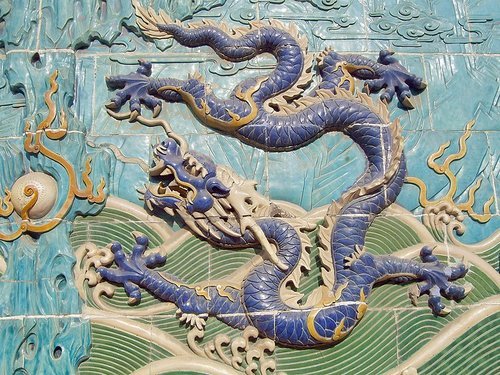
Withdrawing Epilepsy
How do you choose between different meanings of a single character when you are working on a particular passage and the answer is not immediately obvious? This is a common problem that anybody who is trying to read classical literature has to confront on a regular basis. The importance of this challenge to find the correct meaning in a specific context is obvious, especially when we are dealing with clinical literature like indications for formulas or medicinals. In today’s post, I shall use the Shénnóng běncǎojīng 《神農本草經》 (“Divine Farmer’s Classic of Materia Medica”) to introduce you to my world of navigating this challenge and arriving at what I consider the best decisions at any given moment.

Do Not Rush Me Please…
Grief…
Is a manifestation of love and respect
To honor the gift of companionship
Bestowed on us by those who have passed.
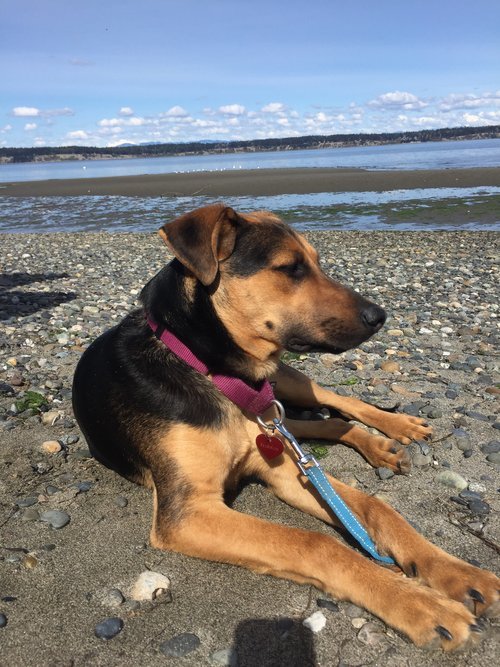
Wolves of War
I dream my one grandmother’s dreams
of the Wolves of War
always, the Wolves of War,
and hunks of old bread, bullets, rape, and lost children.

Integrating Scholarship and Practice
With a bit of hesitation (see below) I invite you all to join me for another fundraiser: A Tea Time Talk with Pierce Salguero, PhD, on “Scholarship and Practice.” We will raise funds again, like the event with Brenda Hood I did in early March, to support the wonderful work of our friends and colleagues at the Classical Chinese Medicine Association (https://ccm-association.com) in Poland.
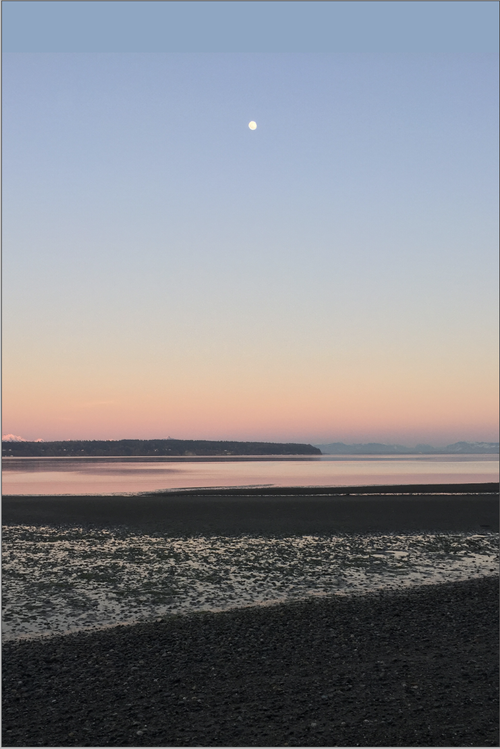
My Good Friend Yùexìn
Each of us may just be a drop of water in the ocean of popular and biomedical discourse on “The Curse,” but bit by bit, one conversation at a time, we can take the “s” out of that awful term and think of it more like the sweet casual Chinese term 我的好朋友 “my good friend.”
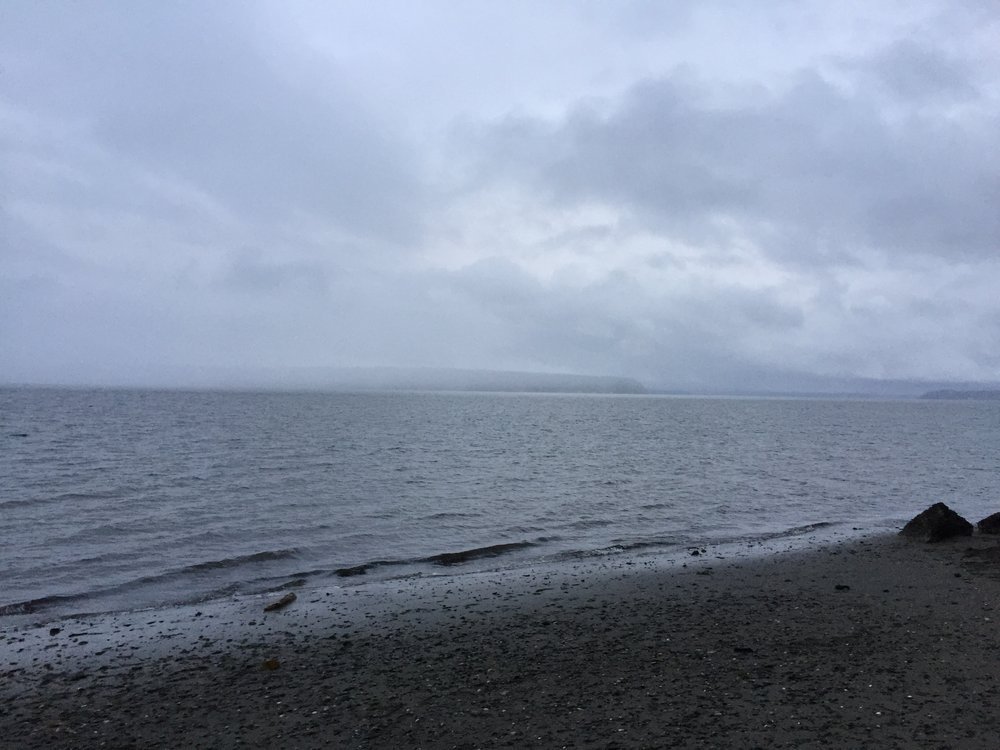

Every-Day Miracle
What follows is a story from my ancient former farm life, which I composed in 2009, 11 years and what feels like a lifetime ago when I happily got up at 5 am most mornings. I found it in my ancient files while looking for goose pictures, and figured maybe it will make you smile….

Grief is a Kitten
Grief is a kitten wanting to toy with you
One moment a blanket of purring fuzzy love,
Contentedly crashed out on top of your chest, with her tail in your face.
The next its claws tear bloody scars across your aching heart,
Bound to heal over time,
But hurting like hell in the meantime.
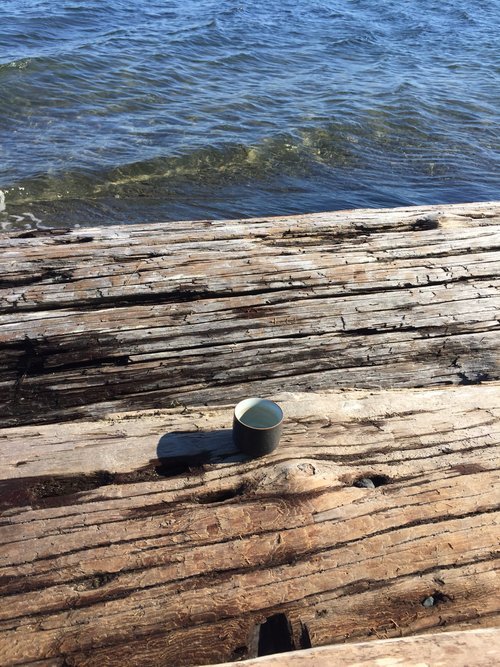
Why Learn Classical Chinese?
…I am convinced that classical Chinese has a way of accessing the deeper truths in nature, in heaven and earth, and in the human condition, that no modern language could ever express. It has a way of playing with layers of meaning in each character, with dimensions and relationships, of evoking feelings and connections between overlapping and actively interacting fields of reference. I am further convinced that we, by studying it and reading it, can slowly begin to acquire the ability to perceive the world in such a non-rational, non-linear, heart-centered mode that we can then apply to whatever aspect of truth we are interested in, whether it be medicine, aesthetics, gardening, wood-working, or parenting. …

A Cracked Heart
It is a dark grey day outside as I look this truth squarely in the eye: Two nights ago, my soul sister Lillian Pearl Bridges passed, a month after I lost my dog. Making a heavy year heavier yet.
She was surrounded by pure love in her passing, physically by her sons and daughter-in-law, and energetically by a giant tidal wave of love from countless people whose lives she has touched.

Opening the Soul
Moving beyond one worldview into another is difficult and requires effort. It is possible to learn to think in ways closer to the ancient sages of China or the writers of the classical Chinese medicine texts we so admire without learning to read Chinese, but if we can learn to use their tools, the ones they used to learn and to express concepts so different from our own, perhaps we too can enter into the same mind/heart space that enabled its creation and continuation.
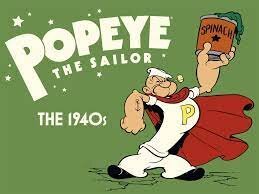
The Problem With Spinach
The present post uses THE SPINACH PROBLEM to consider the problem of absorbing the wisdom from the Chinese medicine classics as part of a practitioner’s education and cultivation.
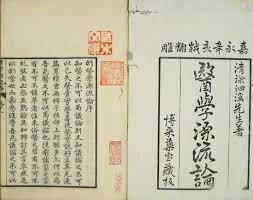
Thoughts on Ancient Medical Texts
A guest post by Tom Ehrman: “Though the Chinese medical literature contains many commentaries on historical works, particularly the classics from the Han dynasty, it is rare for authors to express their actual opinions on the historical literature in a general way. There is one book, however, which contains an entire chapter devoted to just that, the Yīxué Yuánliúlùn (On the Origins and Development of Medicine, 1764) by the Qing dynasty physician Xú Dàchūn (1693-1771), where a kind of brief critical summary of a number of famous ancient texts is given.”